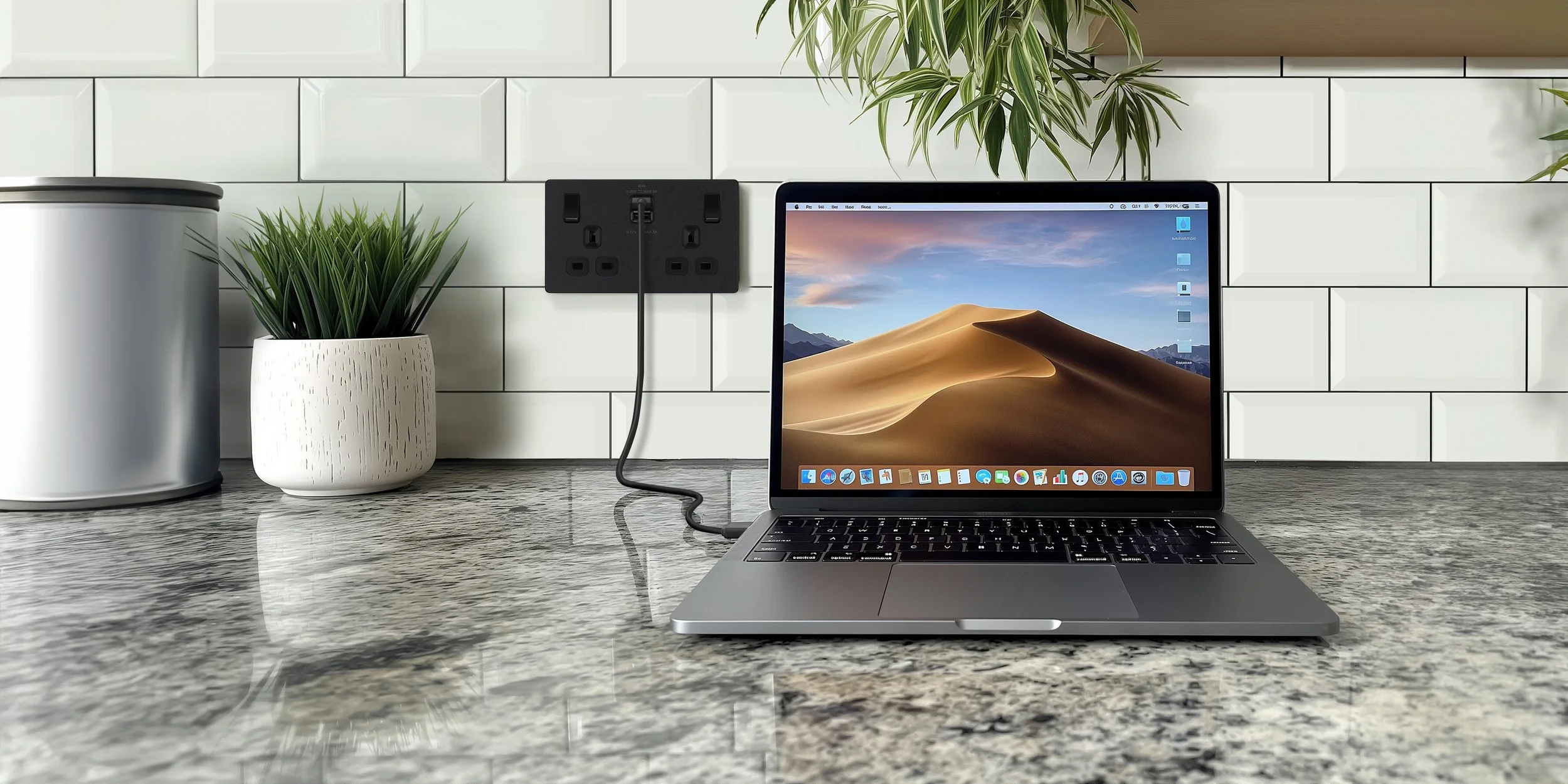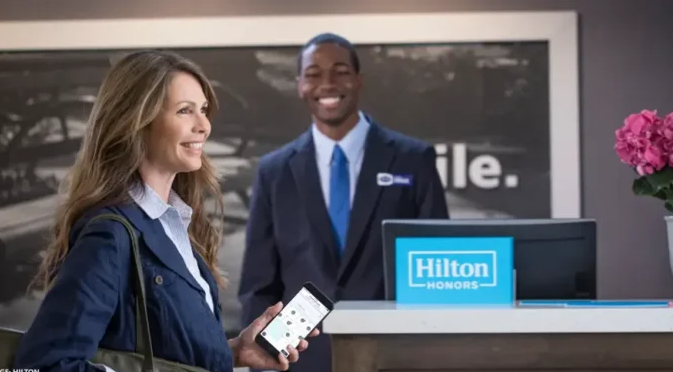
British General's new USB-C wall sockets combine high-speed charging with quick and easy installation
British General’s (BG Electrical) new fast charge USB-C sockets offer installers a great upsell opportunity and are ideal for customers in both domestic and commercial settings.

Global attraction experience software specialist partners with wetlands trust to launch new visitor app
Global attraction experience software specialist n-gage.io has secured a contract with the Wildfowl & Wetlands Trust (WWT), who have launched a new mobile app at their Washington, Tyne & Wear site.

SiteMinder launches its platform on mobile, sets stage for new era of dynamic revenue management
SiteMinder, the name behind the only software platform that unlocks the full revenue potential of hotels, has today released its industry-leading platform on mobile to give accommodation providers the power to…

What could Owen’s Law mean for the food industry?
The Food Standards Agency (FSA) have recently announced its support for Owen’s Law - a campaign to mandate allergy information on menus in restaurants and cafes in the UK.

Hilton Expands Its Mobile Messaging Platform to Enhance the Guest Experience
The expansion is scheduled to be implemented across its over 7,000 properties worldwide by the end of the year.

Research: Three-Quarters of Hoteliers Agree That Revenue Management Technology Will Increase in Importance
According to the new research, 67% of survey respondents believe that the use of technology will have a "high" or "very high" impact on the profitability of their organizations.

Hilton Launches Tech-Enabled Global Program Aimed at Simplifying Business Travel
The program offers a comprehensive set of tools designed to enhance the business travel booking and management experience, while also providing Hilton Honors benefits to business customers and their employees worldwide.

The Hotels Network Unveils Innovative AI Solution to Help Hoteliers Increase Return On Advertising Spend
Powered by AI and hospitality-specific algorithms, this innovative tool makes it possible to optimize retargeting campaigns, effectively bringing high-value users back to the hotel’s website.

Brittain Resorts & Hotels Rolls Out AI Business Intelligence Technology Matrix Across Its Portfolio of 22 Properties
The matrix, dubbed "Power BI," is comprised of a stack of solutions from diversity of technology providers and connects to multiple data sources. (Shown here: The Caribbean Resort at Myrtle Beach).

Universal Orlando Resort Tests Facial Recognition Technology for Guest Entry
While the use of facial recognition technology in theme parks could potentially streamline operations and enhance guest experiences, it also raises important questions about personal privacy and data security.
